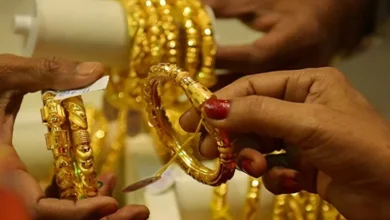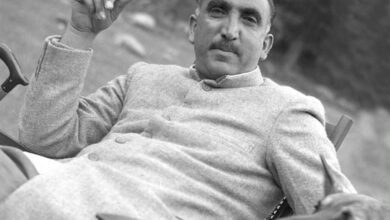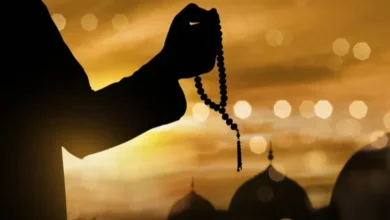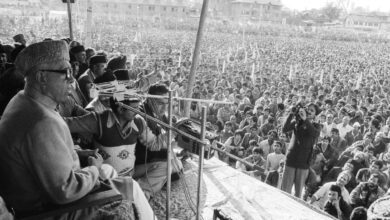How Babar Views ‘Hindustan’ in His Memoirs


Babar wrote his memoirs, and this delightful book gives intimate glimpses of the man. He tells us of Hindustan and of its animals and flowers and trees and fruits—not forgetting the frogs! He sighs for the melons and grapes and flowers of his native country. And he expresses his extreme disappointment at the people. According to him they have not a single good point in their favour.
Perhaps he did not get to know them in his four years of war, and the more cultured classes kept away from the new conqueror. Perhaps also a new-comer does not easily enter into the life and culture of another people.
Anyway he found nothing that was admirable, either in the Afghans who had been the ruling classes for some time, or in the majority of the people. He is a good observer and, even allowing for the partiality of a new-comer, his account shows that North India was in a poor way at the time. He did not visit South India at all.
“The Empire of Hindustan,” Babar tells us, “is extensive, populous, and rich. On the east, the south, and even the west, it is bounded by the great ocean. On the north it has Kabul, Ghazni, and Kandahar. The capital of all Hindustan is Delhi.” It is interesting to note that the whole of India was looked upon as a unit by Babar, although when he came it was split up into many kingdoms.
📢 8,000+ readers already joined for instant Kashmir News Trust updates
Babar goes on with his description of India: ” It is a remarkably fine country. It is quite a different world compared with our countries. Its hills and rivers, its forests and plains, its animals and plants, its inhabitants and their language, its winds and rains, are all of a different nature. . . . You have no sooner passed Sindh than the country, the trees, the stones, the wandering tribes, the manners and customs of the people, are all entirely those of Hindustan. Even the reptiles are different. . . . The frogs of Hindustan are worthy of notice. Though of the same species as our own, yet they will run six or seven gaz on the face of the water.”
He then gives lists of the animals, flowers, trees, and fruits of Hindustan. And then we come to the people.
” The country of Hindustan has few pleasures to recommend it. The people are not handsome. They have no idea of the charms of friendly society, or of frankly mixing together or of familiar intercourse. They have no genius, no comprehension of mind, no politeness of manner, no kindness or fellow feeling, no ingenuity or mechanical invention in planning or executing their handicraft works, no skill or knowledge in design or architecture; they have no good horses, no good flesh, no grapes or musk-melons, no good fruits, no ice or cold water, no good food, or bread in their bazaars, no baths or colleges, no candles, no torches, not a candlestick.”
What have they got ? one is tempted to ask ! Babar must have been thoroughly fed up when he wrote this.
” The chief excellence of Hindustan [says Babar] is that it is a large country and has abundance of gold and silver. . . . Another convenience of Hindustan is that the workmen of overy profession and trade are innumerable and without end. For any work and any employment, there is always a set ready, to whom the same employment and trade have descended from father to son for ages.”
Babar died in 1530, when he was forty-nine years of age. His soldiers carried his body to Kabul, and there they buried it in a garden he loved. He had gone back at last to the flowers he longed for.
[Excerpts from Glimpses of World History]






